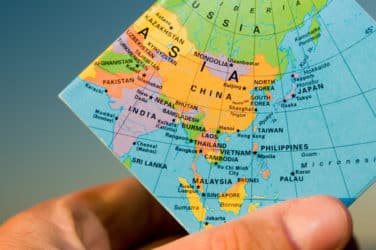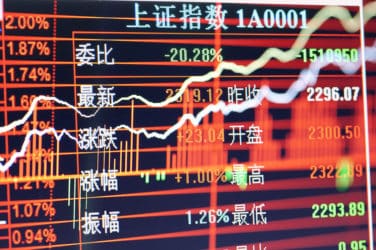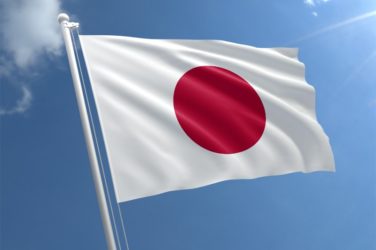
The Hong Kong stock exchange has emerged victorious in the bidding war for the 135-year-old London Metal Exchange (LME), which gives the Asian bourse much-needed access to the commodities market while the world’s largest metals market will gain more traction in China, the biggest commodities buyer globally.
The $2.2 billion deal, if agreed by LME shareholders and approved by UK regulators, for the Leadenhall Street-based exchange in the City’s financial district—one of the last bastions of open outcry trading—will see the centre of power for commodities trading, namely Chicago and London, begin to shift eastwards towards China.
“It’s fascinating that HKEx is to buy LME,” said Lynton Jones, chairman of Bourse Consult, a capital markets consultancy. “One of London’s oldest markets will now be owned by China’s biggest exchange—how the mighty have fallen.”
There is also some unease among traders over the political influence that the Chinese government holds over Hong Kong Exchanges & Clearing (HKEx). Beijing appoints six of its 13 directors and is the largest shareholder in HKEx, the principal equities exchange of Hong Kong and the sixth biggest bourse in the world.
As the LME sets prices for industrial metals—with benchmark contracts for copper, aluminum and zinc—and also governs their trading, including the regulation of a global network of strategic warehouses, the LME plays a pivotal role in world trade and traders are fearful that the Chinese government will interfere in this process.
However, HKEx says it is free from the influence of the Beijing government and operates under strict corporate governance rules.
“The acquisition of LME represents a unique opportunity for us to acquire in one stroke a position of global leadership in the commodities market,” said Charles Li, chief executive of HKEx. “This is consistent with our strategy to expand beyond equities and equity derivatives and offers significant opportunities for revenue growth. HKEx brings a unique ability to help the LME grow its business in Asia and, particularly, China.”
HKEx has said that it will not raise fees at the LME, which are currently set for the benefit of its members, until 2015 at the earliest. Last week, analysts at Japanese brokerage Daiwa Securities said that HKEx, if successful in its bid, will look to add clearing and settlement services to the LME and aim to capture more China trading in commodities.
“This proposed combination will secure the future of the LME for its next 135 years,” said Martin Abbott, chief executive of the LME. “The LME’s global benchmarks plus HKEx’s pre-eminent market position in Asia, its IT and trading resources and clearing expertise will cement the LME’s position as the world’s foremost base metals trading venue.”
For the deal to be complete, HKEx needs to get the go-ahead from three-quarters of the LME’s 70 shareholders, most of whom are trading members. But as the HKEx has no commodities bourse of its own, it should avoid any of the regulatory concerns that thwarted the bids involving other major European exchanges over the last 12 months.
HKEx beat off competition from US-based rivals IntercontinentalExchange, CME Group and NYSE Euronext to secure the approval of LME’s board and will fund the bid through existing funds and a $1.7 billion bank loan.
The LME, meanwhile, is one of the last member-owned exchanges in the world, with futures in metals including copper, aluminium, zinc, lead, tin and nickel still changing hands in so-called ring trading—which HKEx says it will keep—as well as electronically and over the telephone.
“So long as the required attire of the LME ring trader is that of a gentleman (top hat, frock coat, spats) all will be well,” said Jonathan Guthrie, editor of the Financial Times’ Lombard City column, on Twitter.




